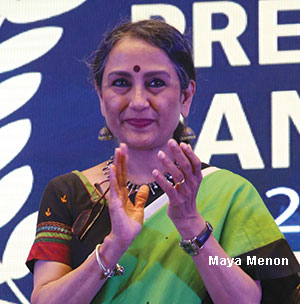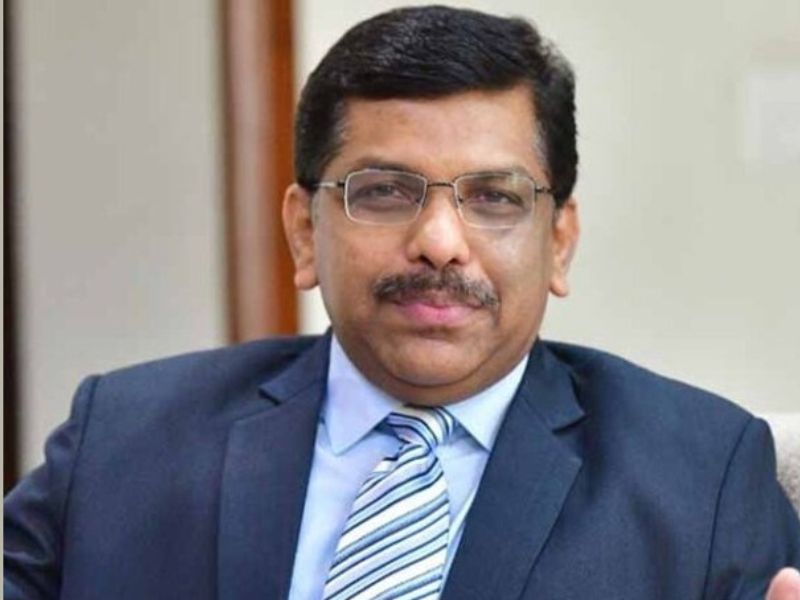 The 5ws (what, where, who, why and when) and 1H (how) is a favoured formula in journalism for writing complete stories. Therefore in journalistic style, let’s examine the 5Ws and 1H of the biggest bugbear of Indian K-12 education — teacher professional development. While it’s commonly acknowledged that teacher quality and training is essential for ensuring high learning outcomes in children, the vast majority of schools in our country, particularly preschools, neglect it. At best ad hoc, piecemeal in-service training is provided with minimal management support and mentoring.
The 5ws (what, where, who, why and when) and 1H (how) is a favoured formula in journalism for writing complete stories. Therefore in journalistic style, let’s examine the 5Ws and 1H of the biggest bugbear of Indian K-12 education — teacher professional development. While it’s commonly acknowledged that teacher quality and training is essential for ensuring high learning outcomes in children, the vast majority of schools in our country, particularly preschools, neglect it. At best ad hoc, piecemeal in-service training is provided with minimal management support and mentoring.
What is the problem with teacher-training in India, especially early childhood care and education (ECCE) teachers? What’s the remedy?
India hosts one of the world’s largest K-12 education systems with 250 million school-going children, and 164 million children in the 0-5 years age group. But children’s learning outcomes in primary-secondary school are low by international standards, for which teachers are held responsible. Unfortunately, the government is oblivious to the enormity of the teacher quality crisis confronting India, and its root causes. They are: poor sense of professional identity, limited repertoire of teaching skills and decades of systemic disempowerment of a profession that’s both complex and critically vital for a youthful country like India. Instead of taking recourse to short-sighted, quick-fix, non-sustainable solutions, the Central and state governments need to place rigorous high quality pre-service teacher education and continuing professional development (CPD) at the centre of all education reform.
Why is professional development of teachers continuously neglected?
We are caught in a culture of contradiction — Indians value education deeply but we don’t have a culture of continuous learning and development. This is particularly noticeable in the teaching profession. Although there’s indisputable evidence that competent teachers and effective teaching are critical for improving school systems and learning outcomes, and that if teacher training and professional development is neglected, there will be adverse long-term repercussions for schools and students, this is an area of darkness of Indian education.
Unfortunately, a great number of teachers mentoring our children have themselves experienced mediocre schooling, college education and teacher training. Naturally this affects the quality of educational experience they provide their students. For instance, most teachers don’t encourage children to think critically and discuss issues in their classrooms. Even dedicated, competent teachers genuinely believe that effective learning happens only when they explain and do all the talking. In early years classrooms, there’s a lot of loud chanting of numbers, words and rhymes rather than quiet and focused learning of skills.
Without concerted and thoughtful neutralisation of the insidious negative influences of one’s own educational experience, teachers will continue to perpetuate the existing ills of the education system. They need high quality pre-service and continuous in-service training to deliver better learning outcomes in their classrooms.
Who is responsible for the teacher-training deficit?
India has great teacher professional development policies, but neither the right people nor resources to implement them. Government education departments and even private school managements, tend to be focused on infrastructure and administration, and pay little attention to critically important teacher training and professional development.
Barring a few rare exceptions, most school leaders — promoters and principals — ignore classroom transactions. But classroom transaction — interaction between teacher and students and among students inter se — is the ‘soul’ of formal education. Any one claiming to have any stake in improving learning outcomes and teaching-learning processes, needs to encourage classroom transactions.
Why is professional development imperative?
Because students with excellent teachers can learn twice as fast as students mentored by average teachers. Great teachers are not born, they are made — slowly and surely. As the American historian and philosopher Will Durant observed: “We are what we repeatedly do. Excellence is not an act, but a habit.” Professionally delivered teacher training has to be continuously provided to ensure that teaching excellence becomes a habit.
Unfortunately, too often money and time spent on professional development is squandered, because of indifference and negligence of decision-makers — government officials and private school managements. Regrettably, decision-makers tend to prioritise infrastructure improvements over teacher development, despite the overwhelming weight of evidence that good teachers and great teaching make great schools.
If the postgraduate teacher education they have received is well-designed and purposeful, teachers will become aware that learning begins after they are certified. A good strategy for developing great schools is for all school leaders to assume that every teacher wants to improve her classroom skills and practice. Once this assumption is institutionalised, great teachers will deliver excellent learning outcomes.
(Maya Menon is founder-director of The Teacher Foundation, Bangalore)
Also read: Belated Teacher Training Revolution in K-12 Education
























